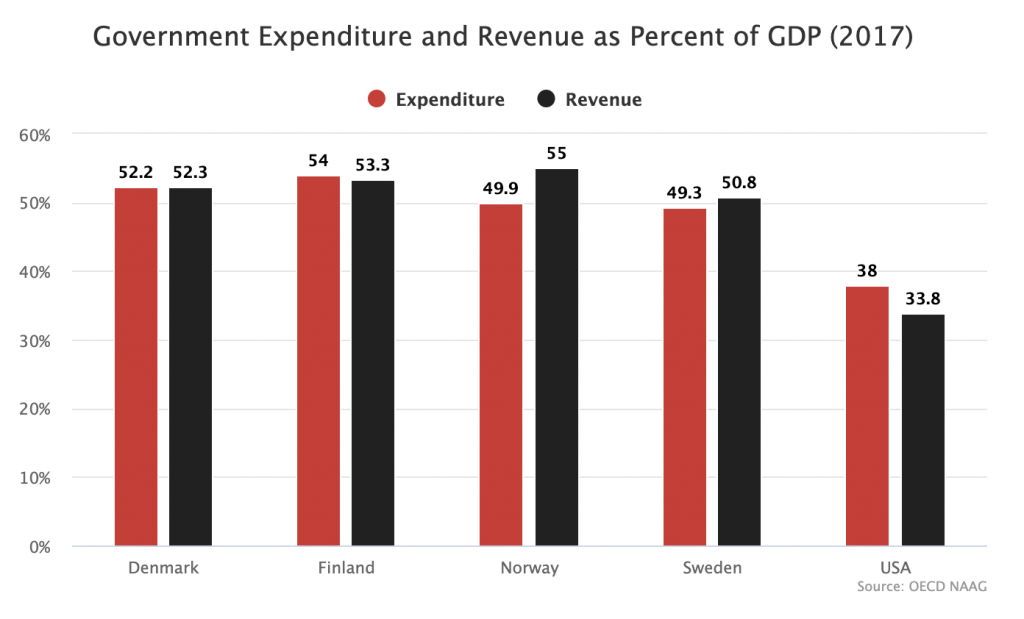Ezra Klein interviewed Larry Summers for his New York Times podcast earlier this week. In it, Klein made the following statement, which has been seized upon by various conservatives as an indicator of liberal soft-headedness.
So I know you’re a hard-nosed economist who looks at the numbers here. But I want to locate, I think, the emotional and to some degree even political frustration of this conversation, because a lot of the dynamics you’re talking about that then get framed as excess demand, there are things that feel just, that many of us have wanted for a long time. More hiring, wage increases, particularly at the bottom end, stimulus checks for people who have had a lot of bad years and didn’t have a lot of cushion behind them, child tax credit for families that could really use that.
And so there are a lot of policies that came together — I mean, there was a reason the Biden administration wanted to run the economy hot. There was a long period when it didn’t just feel, the economic data showed, that expansions were not reaching people on the margins. And it felt, finally, like we were reaching people on the margins. We were putting a lot of firepower to do that. But even in this terrible time, this horrifying pandemic, we were giving people who needed it quite a bit of help.
And then for that to then turn into this horrifying inflation problem, which is now eating back those wage increases, potentially going to require much sharper action from the Fed— I recognize the world doesn’t have to please me, but it is maddening. And I think one of the hard questions, before we even get into Ukraine and China— I think one of the hard questions is, does it have to be this way? Did it have to be this way? Is there some way for this to end without the people we were finally helping suffering?
Klein is channeling a prevalent view among many policy thinkers on the left. Under this view, deficit-financed government consumption and transfer payments can deliver some direct benefits to the public while increasing labor demand. Increasing labor demand will then result in more employment, higher wages, and better working conditions, especially for workers on the fringes.
This view is not wrong. It’s just that’s it’s only true in certain macroeconomic environments. The idea that we are always in an environment where deficit-financed spending will be absorbed by more production and not by higher prices is clearly wrong, though some political entrepreneurs have made careers out of making people think otherwise over the last decade. In fact, the whole upshot of the actual theory of deficit-financed stimulus is that, if it works as advertised, you have to quickly stop doing it.
But there is no policy reason this understanding should cause so much despair.
Government services and transfer payments do not have to be deficit-financed. Indeed, the Nordic nations that have taken social democracy the furthest typically run balanced budgets.

Pumping up labor demand is also not the only way to improve wages and working conditions. High labor demand increases bargaining power by forcing companies to bid against one another in a competition for scarce workers. But there are other ways to increase bargaining power such as unionization and codetermination. In fact, in a labor market governed by sectoral union agreements, as in the Nordic nations, employers bidding against each other for workers is necessarily limited because all of the employers in a sector are bound by the same collective bargaining agreement.
The left has ways of building a welfare state and improving worker bargaining power that do not rely upon deficit-financed stimulus. Macroeconomic stabilization policies are important, but they should not be conceptually mixed up with other elements of economic system design. High levels of equality and low levels of poverty are possible in almost any macroeconomic environment and are primarily driven by other policy choices.

